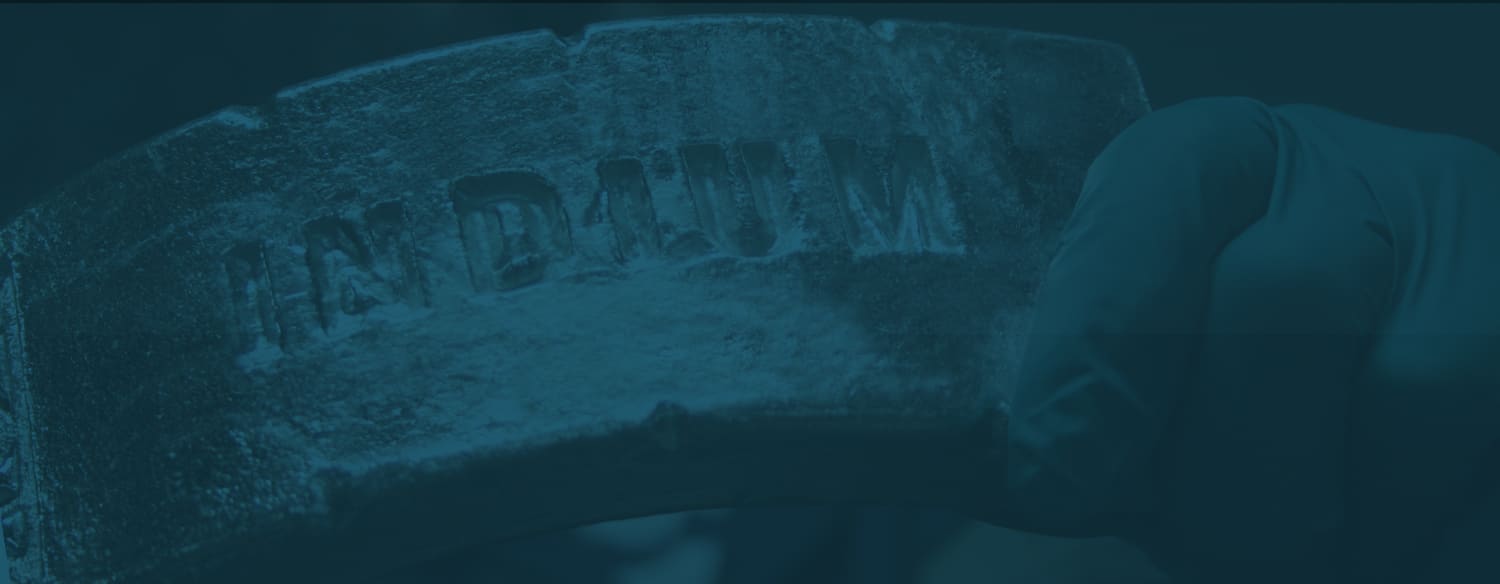I’ve always been a strong believer that a customer should not get a solder alloy that just “works” for their application, they should get the best alloy for their application. Of course, this is a compromise between all the factors that are important. Bond strength, unique properties, elemental and alloy compatibility, cost of ownership, and other criteria need to be balanced. The alloy that chosen is one of literally hundreds of solder alloys – so let’s make sure we get the right one the first time!
Solders are sometimes divided into 6 alloy families: Gallium, Bismuth, Indium, Tin, Lead, and Gold. This alone doesn’t seem to present too many options, although over 200 alloys are commonly used. These six elements are combined (alloyed) with each other, as well as other elements such as antimony, silver, germanium, cadmium, copper, and zinc. Each combination has distinct physical and chemical properties. Tensile and shear strength, modulus of elasticity, and both thermal and electrical conductivity are frequently used to judge if an alloy is suitable for an application.
Here are some questions I ask to begin the selection of an alloy:
- What is the temperature range? This will hopefully narrow the options quickly. Keep in mind the operational temperature and the surrounding parts of the assembly, as well as other heating operations that may take place. (Step soldering)
- What are the surface finishes on the components that are being joined? Alloy compatibility with surface finishes will further shape the solder selection. This does take some familiarity with metallurgy, but, luckily, Indium Corporation Tech Service is available if this is not your area of expertise. In some cases, using the perfect alloy might mean changing the surface finish.
- Are there any restrictions to the elements? The application may not allow certain elements such as lead or cadmium.
Answering these questions will typically get you a short list of alloys from which to pick. The next step may be to evaluate those alloys and see which works best. We do offer a free solder alloy calculator which will give you a few alloys to start with. The next step is to contact our world-class tech support to further define the perfect alloy!
*This post is part of the World of Solder Preforms series.


